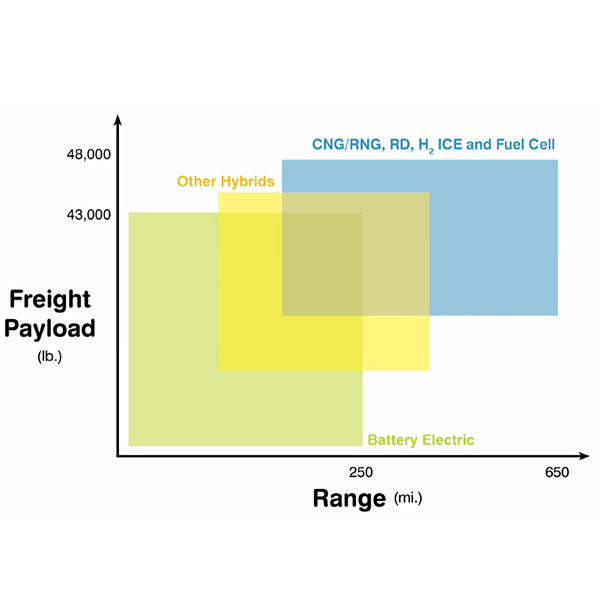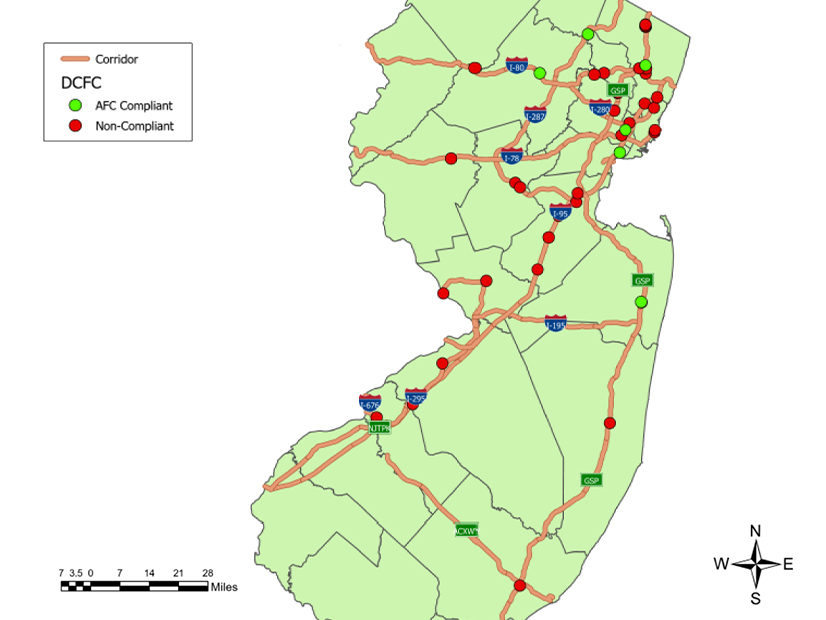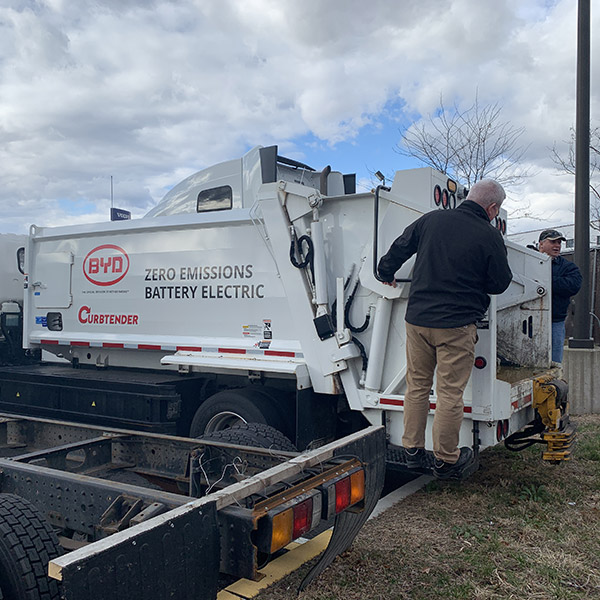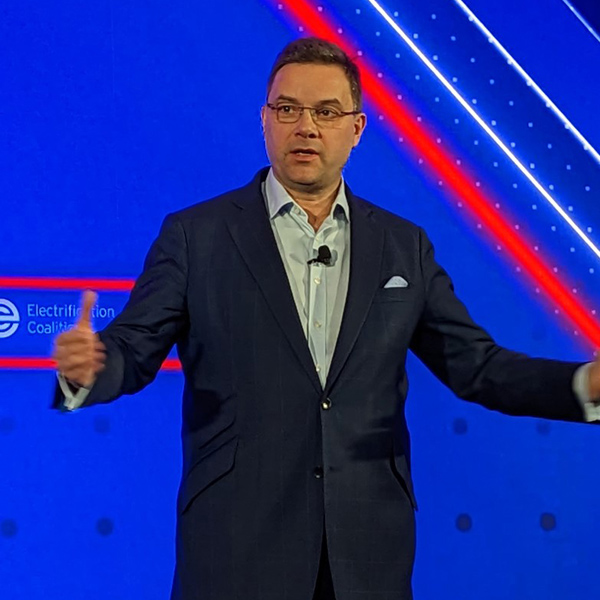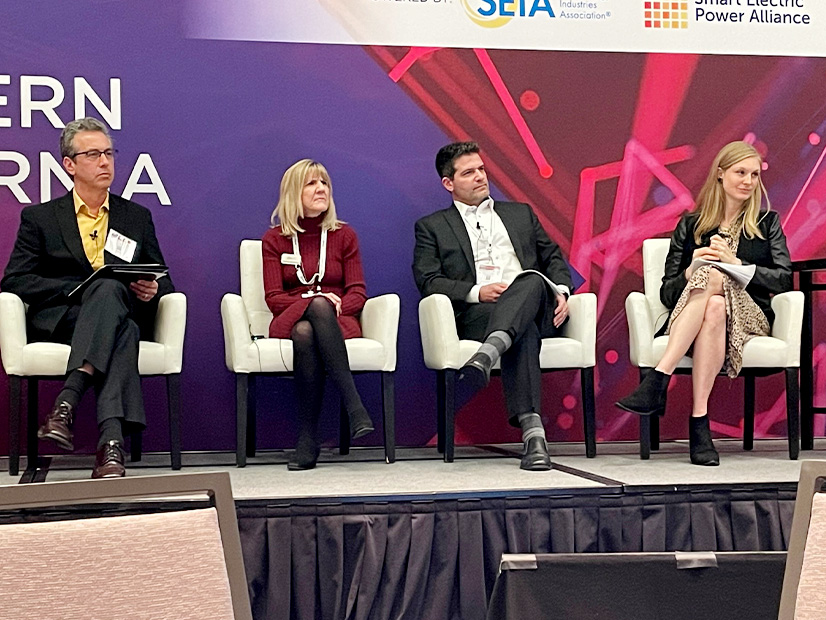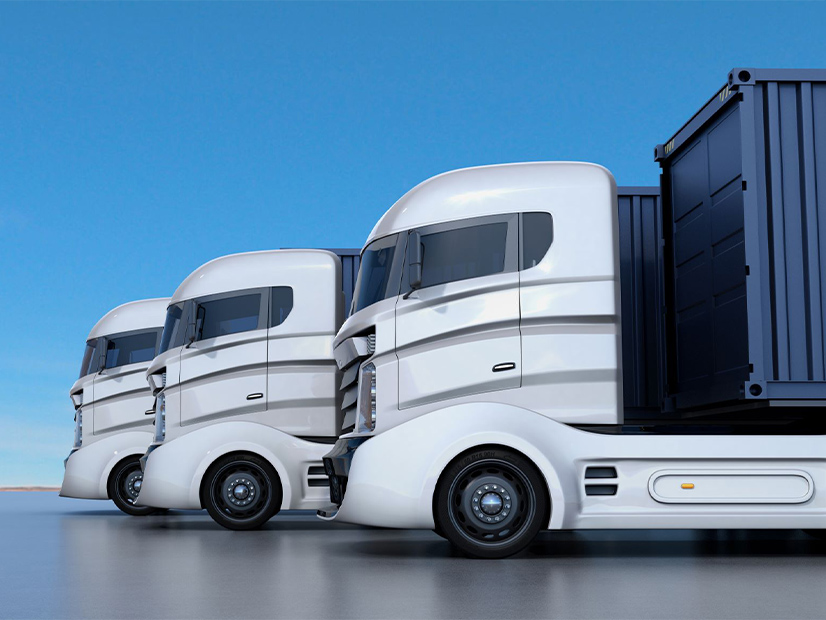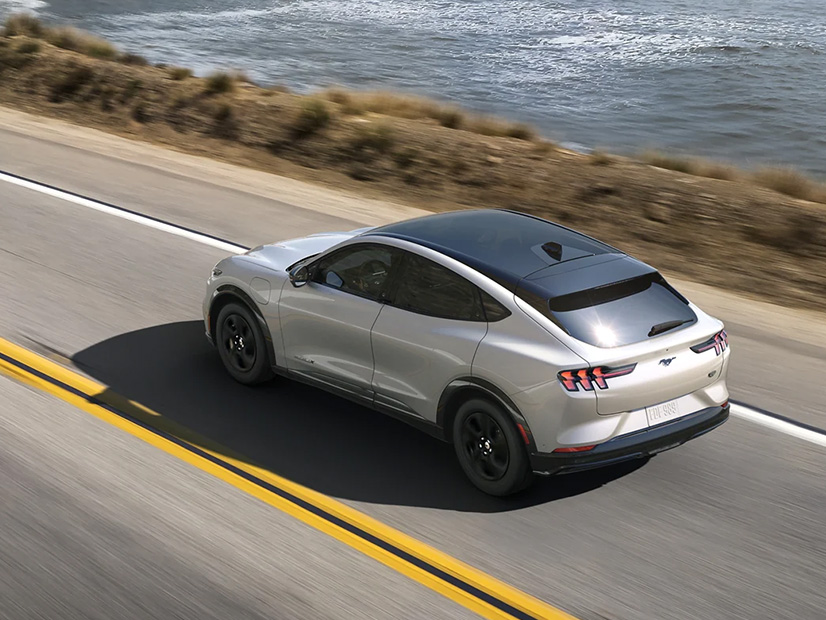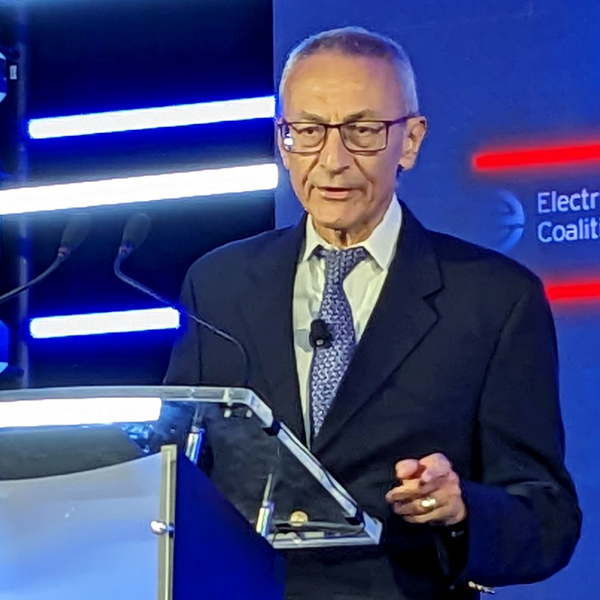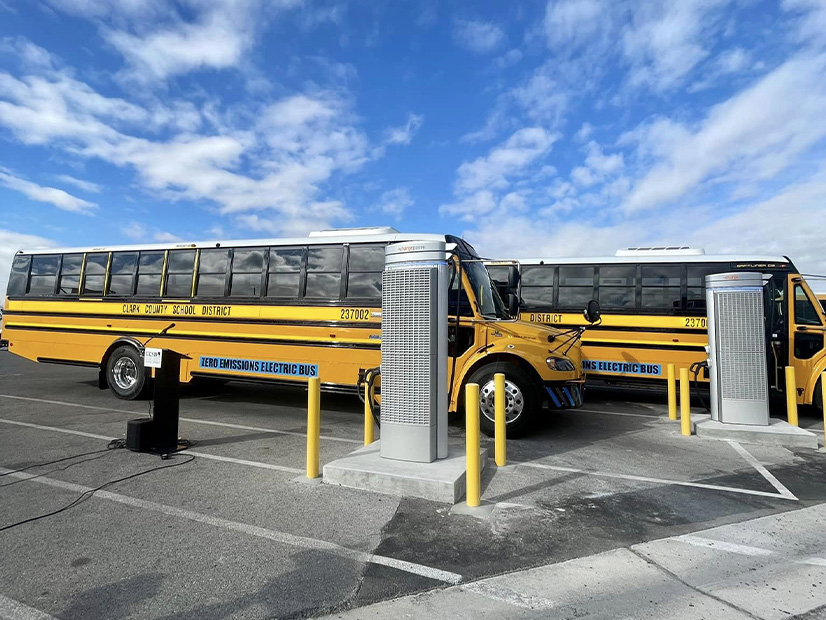Transportation Decarbonization
Airplane DecarbonizationEV chargersHeavy-duty vehiclesBattery Electric Buses (BEB)Fuel Cell Electric Buses (FCEB)Light-duty vehiclesBattery Electric VehiclesFuel Cell VehiclesPlug-in hybrid electric vehiclesShip electrificationClean Ports
The North American Council for Freight Efficiency has concluded that hydrogen will be a factor in long-distance heavy-duty trucking.
A rest stop operator is negotiating with the New Jersey Turnpike Authority to install electric vehicle chargers along the state’s two main highway arteries.
New Jersey announced it allocated $70 million in Regional Greenhouse Gas Initiative funds to purchase school buses and other heavy-duty electric vehicles.
The transparency and traceability of critical minerals and battery components will be essential for automakers as they work to meet domestic content provisions.
Panelists at the RE+ Northern California conference discussed utility rate design to lessen the impact of decarbonization and wildfire mitigation on ratepayers.
The EPA approved a waiver for California’s Advanced Clean Trucks regulation, clearing the way for the state to launch the zero-emission program.
The U.S. Treasury Department just made its March deadline for issuing guidelines on the domestic content provisions for EV tax credits.
The Biden administration will deliver long-awaited guidelines for the domestic content provisions of the Inflation Reduction Act’s electric vehicle tax credits.
LG Energy Solution said it would build a $5.5 billion factory in Arizona with an annual capacity of 43 GWh of vehicle and stationary batteries.
Nevada regulators gutted NV Energy’s proposed $348 million EV plan, slashing the budget to about $70 million and removing most of its proposed programs.
Want more? Advanced Search
